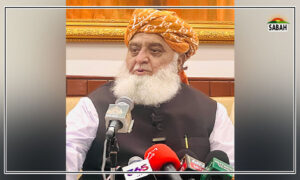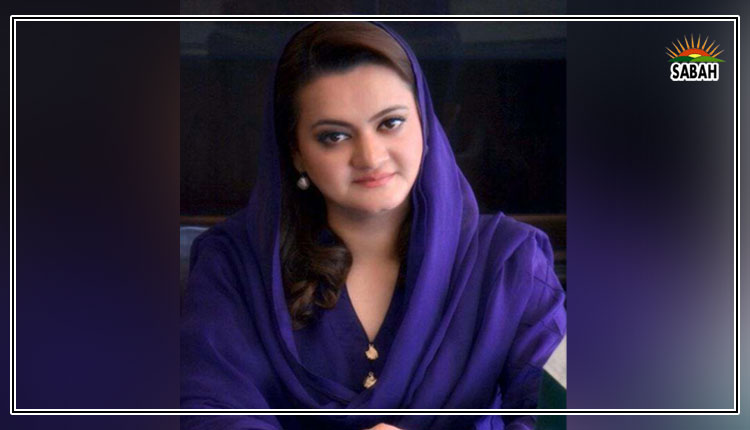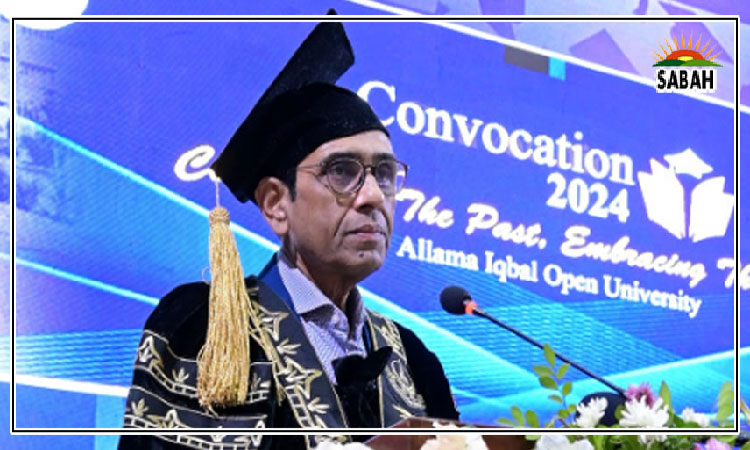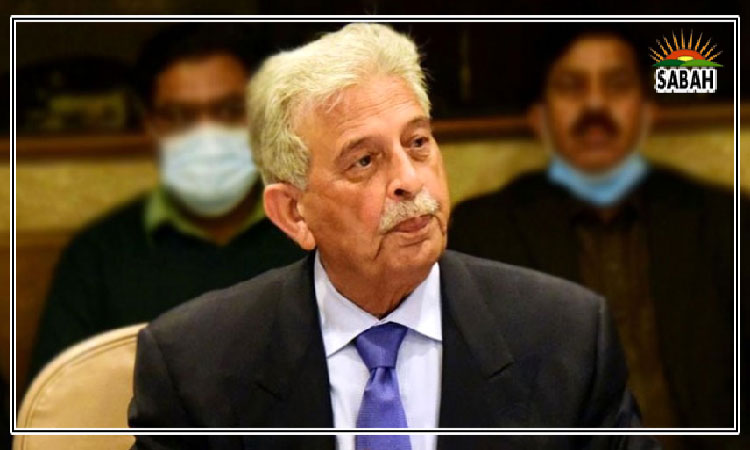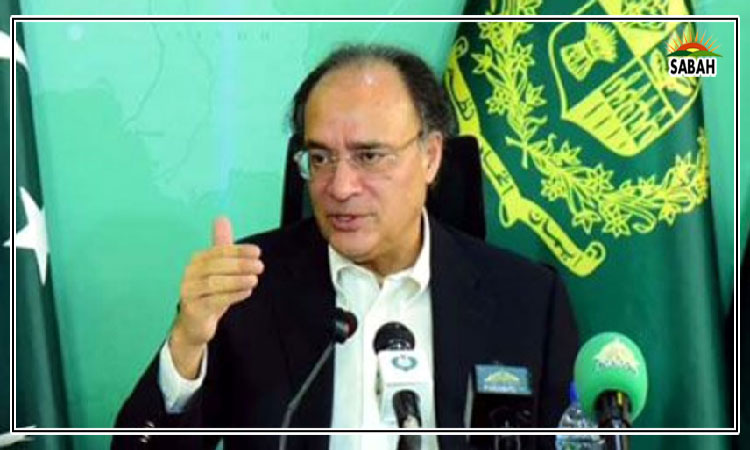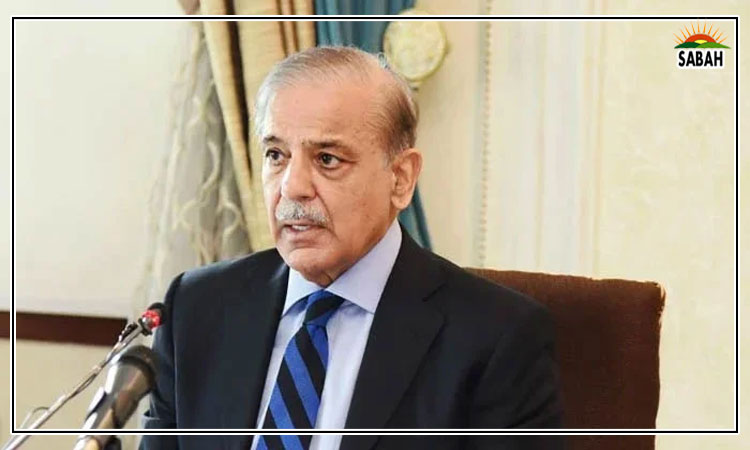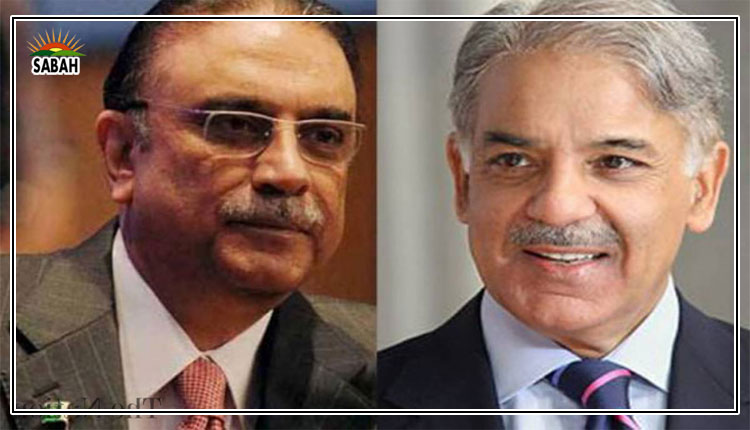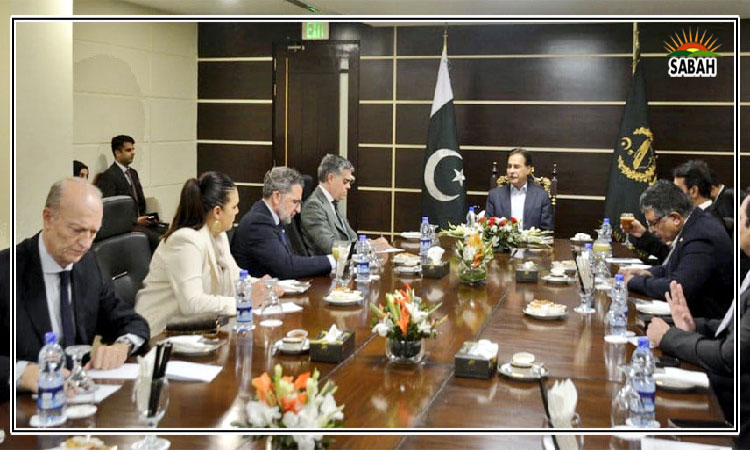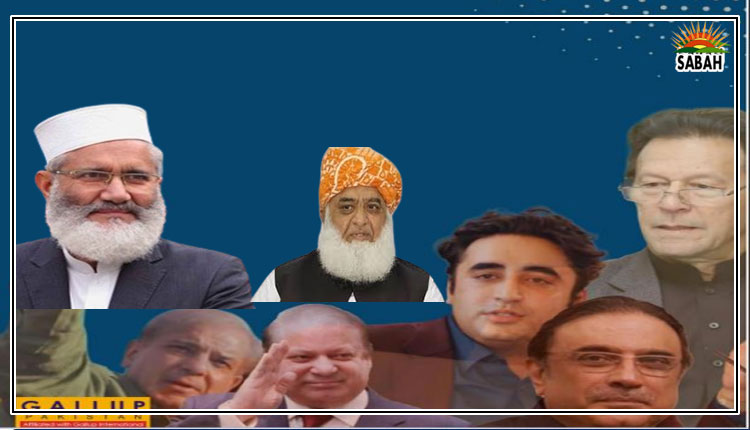Nawaz Sharif in the lead in terms of approval ratings, 60% in Punjab as compared to Imran Khan 53%: Gallup Pakistan
ISLAMABAD, Jan 11 (SABAH): Gallup Pakistan has issued Political Weather Report one month before the General Elections 2024.
An Assessment Report which is based on various surveys Gallup Pakistan has conducted over past 8 months including the latest survey conducted in December 2023 and early January 2024. The report also draws on Gallup& Gilani Electoral Index, a 40-year study of elections by Gallup Pakistan.
According to the survey results issued by Gallup Pakistan, in Punjab Nawaz Sharif now in the lead in terms of approval ratings, 60% respondents in Punjab had very favorable or somewhat favorable rating for Nawaz Sharif, 53% had the same opinion about Imran Khan.
Imran Khan and Nawaz Sharif with the highest positive approval ratings of more than 50% in whole country 57% say they have favorable or very favorable opinion about Imran Khan, 52% say the same about Nawaz Sharif. Between June and December 2023, Nawaz Sharif’s approval rating has increased significantly, Imran Khan’s approval rating has remained constant.
The approval rating for Emir Jamaat-e-Islami Pakistan Sirajul Haq remained 34 percent during June 2023 to December 2023 in the country. The approval rating for Pakistan People’s Party Chairman Bilawal Bhutto Zardari remained 36% to 35% during June 2023 to December 2023. The approval rating for Tehreek-e-Labbaik Pakistan Chief Saad Hussain Rizvi remained between 38% to 28% during June 2023 to December 2023. The approval rating for Jamiat Ulema-e-Islam-Fazl (JUI-F) Ameer Maulana Fazlur Rehman remained 25% to 27% during June 2023 to December 2023. The approval rating for Istehkam-e-Pakistan Party Chairman Sardar Jehangir Khan Tareen remained 26% to 23% during June 2023 to December 2023.
Muttahida Qaumi Movement-Pakistan (MQM-P) Convener Dr. Khalid Maqbool Siddiqui’s approval rating remained 9% to 16% during June 2023 to December 2023.
In Punjab Pakistan Tehreek-e-Insaf (PTI) and Pakistan Muslim League-Nawaz (PML-N) in lead with 34% and 32% in December 2023 polling respectively in terms of voting intentions. The gap between the two parties is 2% which is within the error margin of this survey and therefore statistically insignificant. Given Punjab represents more than half of the seats, this narrowing could have important implications in terms of both parties ability to bag seats. There is a consistent but slow decline in PTI’s popularity/voting intentions since March 2023 and similar rise in PMLN’s popularity.
PTI leads with reasonable margin in North Punjab over PML-N but is neck to neck in West and Central Punjab. PML-N seems to be in a lead in South Punjab and PPP also having reasonable support here. In Central Punjab TLP has a spoiler vote. Since North Punjab is only 10% of total Punjab seats, it is safe to say that electoral race is quite competitive as of now in Punjab and looks similar to 2018 general elections where both parties had a virtual tie in vote share (see previous slide for GE 2018 vote share). North Punjab has 15 seats, Central Punjab has 49 seats, West Punjab has 28 seats and South Punjab has 51 seats.
PML-N and PTI had almost a tie in General Election 2018 in terms of popular vote (36% for PTI and 35% for PML-N): Gallup Electoral Index based on ECP results. Recent assessment of public opinion in Punjab suggests return to 2018 situation.
In Sindh, PPP leads in Sindh over other parties. However, its support is less strong in Karachi region as opposed to Interior Sindh/ Rural Sindh. Sindh results from the survey look similar to General Election 2018 results.
45% of voters surveyed in KP claim that they would like to vote for PTI. In General Election 2018, PTI had a vote share of 37%. Vote of parties other than PTI is concentrated in different electoral regions. For example, JUI-F has significant vote share in South KP and PML-N has significant vote share in Hazara. An alliance between parties (as being reported in media) can therefore give a reasonable competition to PTI in various territories.
It is worth mention here that established in 1980, Gallup Pakistan draws upon its rich experience of over 40 years and continues to bring innovation and technology to business opinion and socio-economic research. Gallup Pakistan is the country’s most respected opinion and socio-economic research organization and is widely quoted in national and international media. Being an affiliate of Gallup International we have close collaboration with Gallup International associates all around the globe and enjoy the benefit of drawing upon an international pool of knowledge, while exercising independence and bringing unique local perspective drawn over 40 years of working in Pakistan.
Visit Gallup Pakistan website to see more of our work: www.gallup.com.pk, www.galluppakistandigitalanalytics.com


